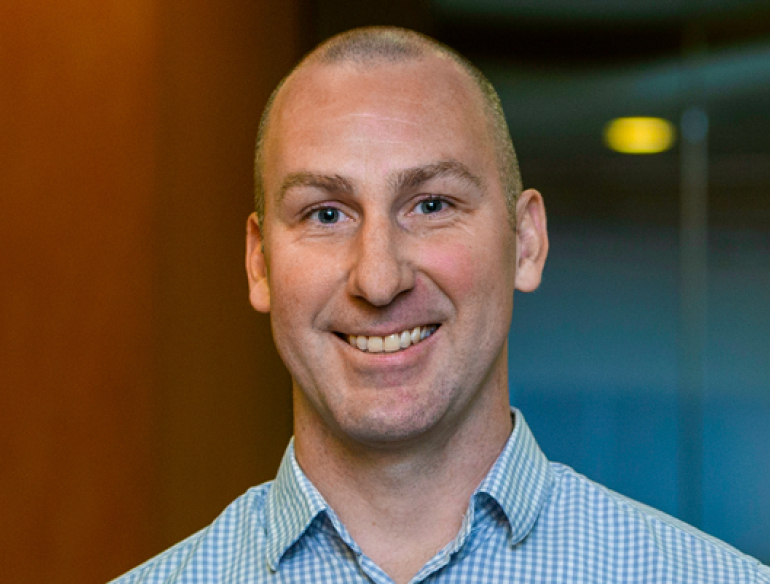The Kirby Institute’s Dr Benjamin Bavinton was recognised for his leading research on HIV treatment as prevention with one of two Sax Institute Research Action Awards at a virtual ceremony last night.
The prestigious national awards recognise early- to mid-career researchers whose work has had a significant impact on health policy, programs or service delivery.
Dr Bavinton was Project Lead of the world-leading Opposites Attract Study, which looked at HIV treatment and transmission in men who have sex with men. The study enrolled 358 male couples in Australia, Thailand and Brazil, in which one of the men in the couple was HIV-positive and the other HIV-negative. The study analysed over 16,000 instances of condomless sex between these couples and showed that men living with HIV who are taking antiviral treatment cannot transmit HIV to their male sexual partners once their viral load is undetectable.
“One thing I’m really proud of is the role that Opposites Attract has played in reducing HIV stigma,” said Dr Bavinton. “This is what really gets in the way of people coming forward for HIV testing, treatment and prevention, so anything we can do to reduce that stigma globally is going to have a huge impact.”
Dr Bavinton’s work has contributed to a revolution in HIV prevention globally and has led to increased numbers of people living with HIV on treatment. The Opposites Attract Study was published in The Lancet HIV and has been extensively cited in global policy documents and guidelines. Its findings have underpinned the stigma-reducing ‘Undetectable = Untransmissible’ (U=U) campaign endorsed by more than 1000 organisations in more than 100 countries.
In receiving the award, he paid particular tribute to the study participants. “Work like this is impossible if people don’t come forward and volunteer their time and their energy, especially people living with HIV. Advancements like this, which have revolutionised our understanding of HIV and generated the treatments, tests and preventions we have today wouldn’t have been possible without them.”
